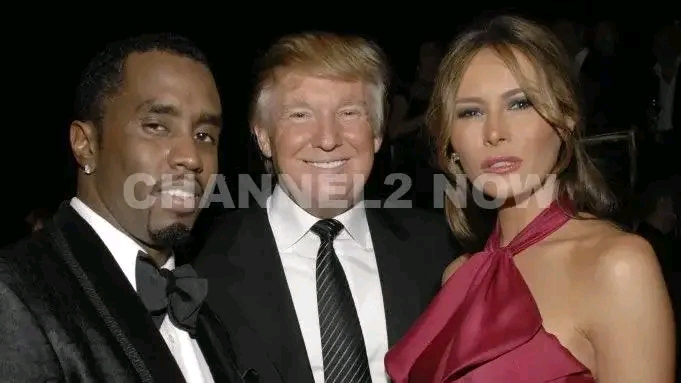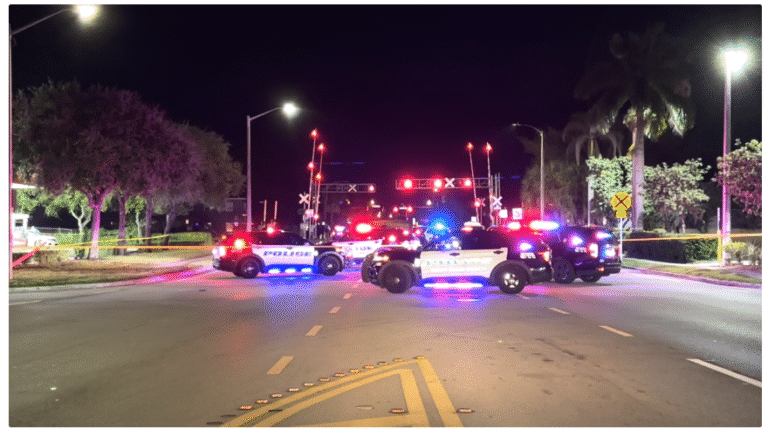NEW YORK, NY — The music and entertainment world is watching closely as a high-profile clemency request is under active review. Sean “Diddy” Combs, who is currently serving a federal sentence for violating the Mann Act, may be granted early release if President Trump approves a commutation. Sources indicate that discussions have been ongoing since shortly after Combs’ sentencing, which occurred thirteen months ago.
Combs was convicted for transporting individuals across state lines for illicit purposes, a violation that carries serious federal penalties. He was originally sentenced to a term of several years in federal custody and would otherwise not be eligible for release for another two years. The case drew significant media attention given Combs’ prominence in the music and business industries.
According to sources familiar with the matter, Combs’ legal team reached out to senior White House officials soon after the sentencing, initiating the process that has now reached the desk of the President. Trump publicly confirmed that he is reviewing the request, fueling speculation among political observers, legal experts, and fans alike about the likelihood of a commutation.
The discussion comes amid a broader context of high-profile clemency decisions. Trump’s recent commutation of former Congressman George Santos has generated attention and debate, with some observers suggesting that similar decisions could follow for other notable figures. This has intensified scrutiny on the White House process for evaluating clemency requests.
Despite the public attention, sources indicate that the decision remains entirely at the discretion of the President. White House aides and legal advisors are providing input, but internal pushback has reportedly been noted, reflecting the high-profile and controversial nature of Combs’ conviction. No final decision has been announced, and the timeline for a potential commutation remains unclear.
Combs’ legal team has emphasized mitigating factors in the request, highlighting his contributions to the community, philanthropic efforts, and the positive influence he has had throughout his career. They argue that early release could allow him to continue impactful work while completing any remaining obligations imposed by the court.
The case has reignited broader conversations about presidential clemency powers and the ways in which public influence, fame, and legal arguments intersect. Legal analysts note that while clemency is within the President’s constitutional authority, it often involves weighing public perception, legal precedent, and the seriousness of the underlying offense.
Reactions across the entertainment industry have been mixed. Some fans and colleagues have expressed support, citing Combs’ career achievements and community contributions as reasons for consideration. Others caution that granting clemency in high-profile criminal cases may send a controversial message about accountability and justice, particularly in cases involving serious federal violations.
Political commentators note that a decision on Combs’ request could have implications beyond the music industry, influencing public discussion on presidential powers, celebrity status, and fairness in the justice system. Analysts predict that the White House will face scrutiny regardless of the outcome, with debates likely to continue across media platforms.
As the review process unfolds, all eyes remain on the White House. Combs’ potential early release represents a convergence of celebrity influence, legal strategy, and presidential authority, capturing national attention. Until a final determination is made, the outcome remains uncertain, leaving the music world and the public alike watching closely for the next developments.










